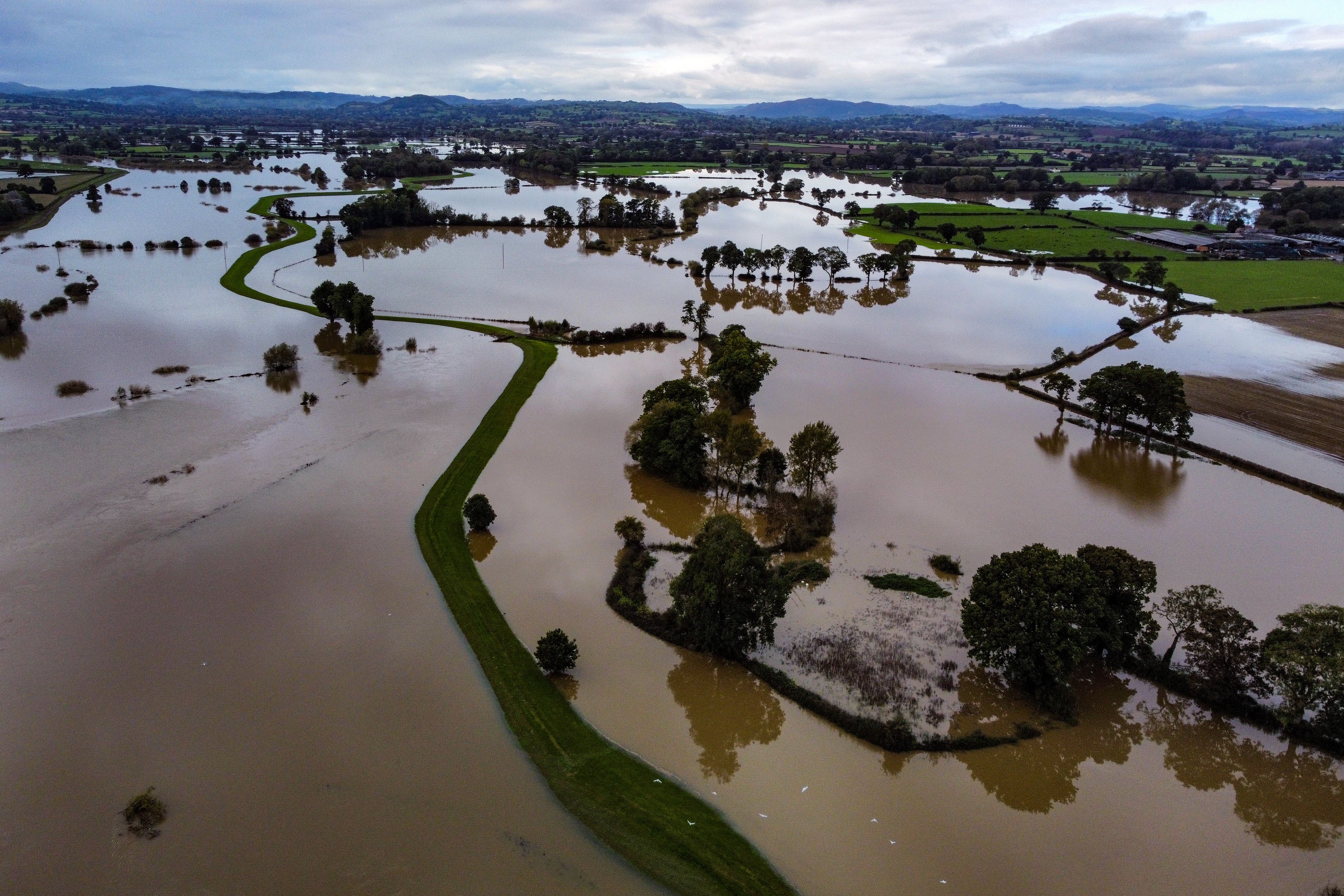Why we are just about to start paying even more for beer, bread and biscuits
Your support helps us to tell the story
From reproductive rights to climate change to Big Tech, The Independent is on the ground when the story is developing. Whether it's investigating the financials of Elon Musk's pro-Trump PAC or producing our latest documentary, 'The A Word', which shines a light on the American women fighting for reproductive rights, we know how important it is to parse out the facts from the messaging.
At such a critical moment in US history, we need reporters on the ground. Your donation allows us to keep sending journalists to speak to both sides of the story.
The Independent is trusted by Americans across the entire political spectrum. And unlike many other quality news outlets, we choose not to lock Americans out of our reporting and analysis with paywalls. We believe quality journalism should be available to everyone, paid for by those who can afford it.
Your support makes all the difference.The price of bread, beer and biscuits is set to rise this year.
The news comes as research suggests the unusually wet weather seen over autumn and winter could hit UK harvests by almost a fifth.
The Energy and Climate Intelligence Unit (ECIU) analysed the crop area forecasts from the Agriculture and Horticulture Development Board (AHBD) as well as government yield data.
It found that production of wheat, barley, oats and oilseed rape could fall by four million tonnes compared to 2023 – a reduction of 17.5 per cent.
The decline may be more than five million – or 21.2 per cent – if compared to the average production of the years 2015 to 2023, the analysis also suggests.
It comes as the unusually wet autumn resulted in lower levels of planting, while relentless storms and flooding over winter led to even more losses for British farmers.
Tom Lancaster, land analyst at ECIU, said there is a “real risk” that the price of bread, beer and biscuits could increase if the poor harvest leads to higher costs.
The warning comes just as food prices are beginning to fall following skyrocketing inflation sparked by the global gas price crisis.
Wheat production could be hit particularly hard, with the ECIU estimating a fall of more than a quarter – 26.5 per cent – compared to 2023.

This is because milling wheat used to make bread needs to meet higher quality requirements that will be more difficult for farmers to achieve with the wet weather.
Last week, the head of Associated British Foods – one of the UK’s biggest breadmakers, which owns Kingsmill and Ryvita – warned of potentially higher prices if the rise in cost of domestic grains is not offset by larger harvests abroad.
With the wet weather continuing to hamper the planting of spring crops like barley, brewers and distillers may also see higher costs, leading to an increase in the cost of a pint, the ECIU said.
Colin Chappell, an arable farmer from Lincolnshire and member of the Nature Friendly Farming Network (NFFN), said: “It’s had a massive impact on us.
“We went through the winter with virtually nothing viable drilled, and while it’s now dry enough to plant some fields some of them are so bad I don’t think they’ll get drilled this year. The situation is very hit and miss.”
It comes as the National Farmers’ Union (NFU) recently said extreme weather presents one of the biggest threats to UK food security.
Warmer wetter winters similar to this past year are expected to increase in frequency as the climate warms.
Mr Lancaster said: “To withstand the wetter winters that will come from climate change, farmers need more support.”
“The government’s green farming schemes are vital to this, helping farmers to invest in their soils to allow them to recover faster from both floods and droughts.”
Noting that half of British food comes from abroad, Mr Lancaster said the government will have to ensure farmers both in the UK and abroad are supported.
“Moving faster to net zero emissions is the only guaranteed way to limit these impacts and maintain our food security,” he added.
Mr Chappell said the new Sustainable Farming Incentive from the government is how his farm will survive in the coming years.
“The climate is making farming on heavy clay soils like mine very difficult and quite demoralising,” he added.
William Kendall, an East Anglian farmer who turned Green & Blacks into a global chocolate brand, said: “Regenerative farming methods, when properly followed, greatly enhance the soil’s capacity to hold water and therefore prevent saturation and run-off at times of prolonged heavy rainfall.
“Not only does this mean better crops, produced at a lower cost for the farmer, but it ensures that the chances of the flash flooding downstream we have seen this winter are greatly diminished.”
Emma McClarkin, chief executive of the British Beer and Pub Association, said: “Since the pandemic, managing the cost of doing business for brewers and pubs, including dealing with an overall increasing tax burden, has proven more difficult than usual.
“This year’s prolonged rain and the effect that it may have on the winter harvest is yet another unexpected cost factor.
“Brewers and pubs will strive to absorb some of these costs, but with margins at historical lows, if it cannot be avoided, some costs will have to be passed on, underlining the urgency for the government to set out a long-term fiscal and regulatory framework that will ensure that the beer and pub sector does not just survive, but thrives.”
